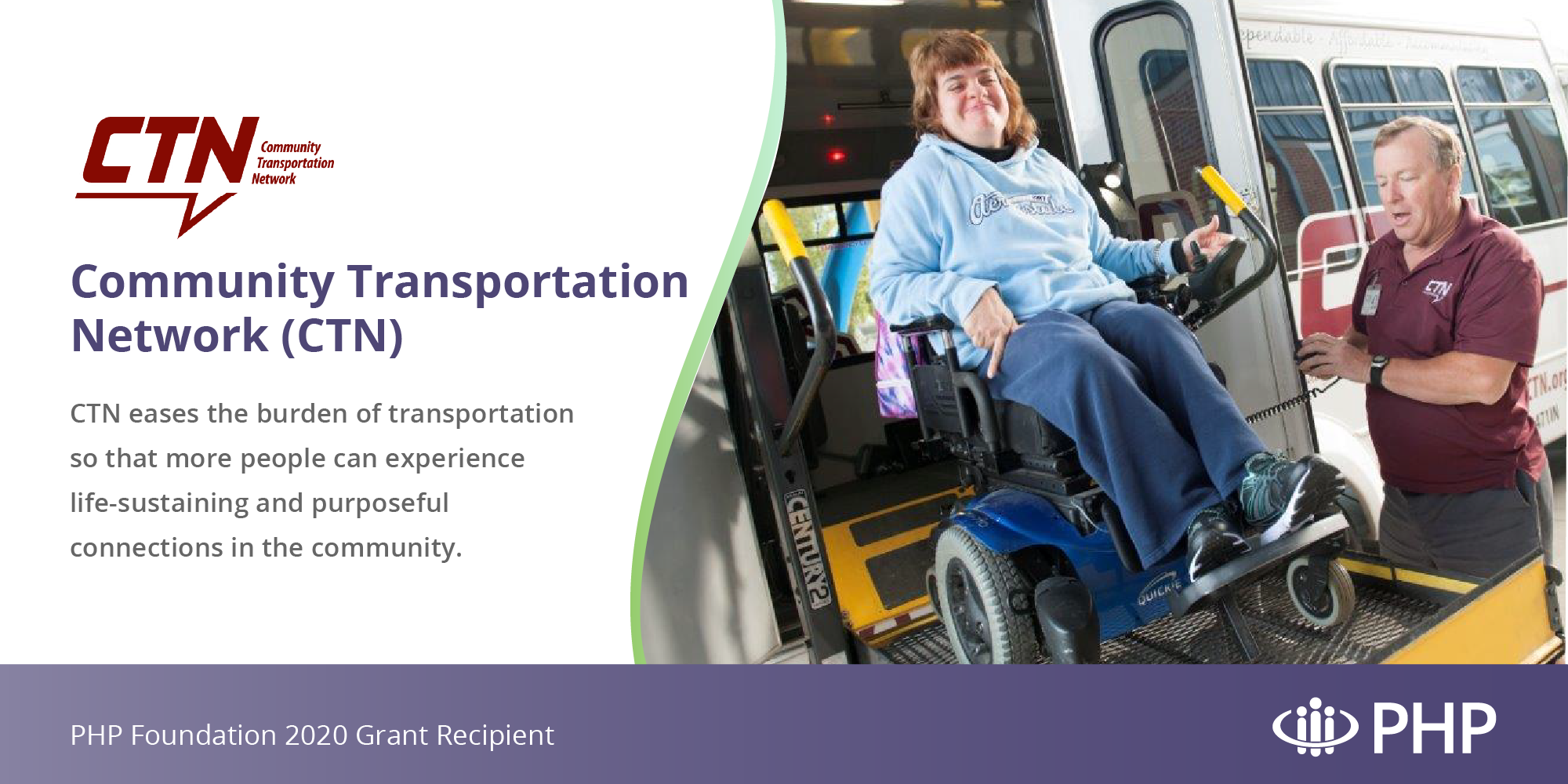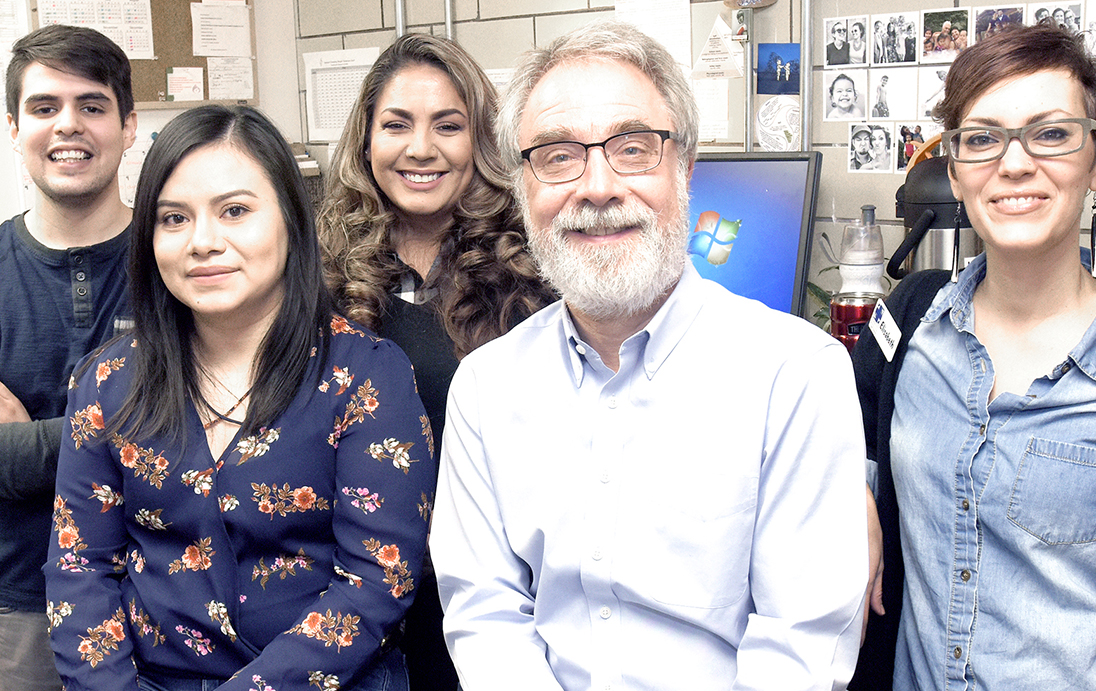
With CTN, Every Trip is a Success
Access to transportation is essential for employment, education, healthcare, and social interaction. Individuals who face difficulties in gaining this access are considered ‘transportation disadvantaged’. In our automobile-dependent society, individuals without transportation have fewer opportunities to interact within their communities and are especially prone to missing medical appointments, which can drive overall healthcare costs up and quality of life down.
Since May of 2000, CTN has sought to provide dependable and efficient transportation to residents of Northeast Indiana through various transportation programs. These services fill transportation gaps in our community for those who are unable to drive or don’t have a vehicle. CTN’s riders include seniors, individuals with disabilities, children, and low-income families. CTN also partners with agencies that serve the same population.
CTN was founded nearly 20 years ago, by a few area nonprofits, human service organizations, and foundations when a community needs assessment demonstrated a significant gap in transportation service. In its first year, CTN provided approximately 1,000 trips for several dozen clients. Justin Clupper, CEO, CTN, projects that the organization will provide more than 105,000 trips to more than 8,000 riders in 2020, including specialized medical transportation to more than 800 riders through 28,000 trips.
Special challenges during COVID-19
Even in the best of times, many people with disabilities can have trouble accessing dependable and convenient transportation. During this pandemic, people with disabilities, like everybody else, still need to access essential goods, but this population is at an even greater risk.
“Nearly all of our riders are part of a vulnerable population and the consequence of exposure is very high,” says Clupper. “We’ve established very conservative precautions to maintain safety on our vehicles, including restricting the number of riders, requiring masks at all times, and disinfecting the vehicle after each rider disembarks.”
Financial challenges are also a concern. CTN’s ride-sharing model was built by maximizing efficiency, consolidating routes and ridership. Due to social distancing, CTN limits the number of riders to three per vehicle to keep riders safe. This limitation has severely impacted CTN’s budget, so they rely more heavily than ever on their community supporters for assistance.
Creative Thinking
When resources are scarce and needs are large, we all must think creatively to help one another. In 2020, CTN has worked with area partners to provide free transportation to low-income riders who need access to grocery shopping or the community food bank. Since the start of the pandemic, CTN has provided over 500 free grocery trips to area riders.
Also, CTN is exploring future ride options by considering vehicles that are more economical to operate. Partnering with new agencies that may find new uses to adapt vehicles for transportation in new ways may also help fill CTN service gaps and open schedules.

Supporting Self-Sufficiency and Improving Inclusion
“At the end of the day, our priority is to maintain access to life-sustaining healthcare resources,” says Clupper. “CTN allows people with transportation difficulties to reach their fullest potential through accessible, available service.”
Good transportation planning, understanding this community, and maintaining relationships with collaborative partners has helped CTN riders go about their lives safely and independently.
PHP Foundation is proud to partner with CTN as a partner in good health for the betterment of our region.



